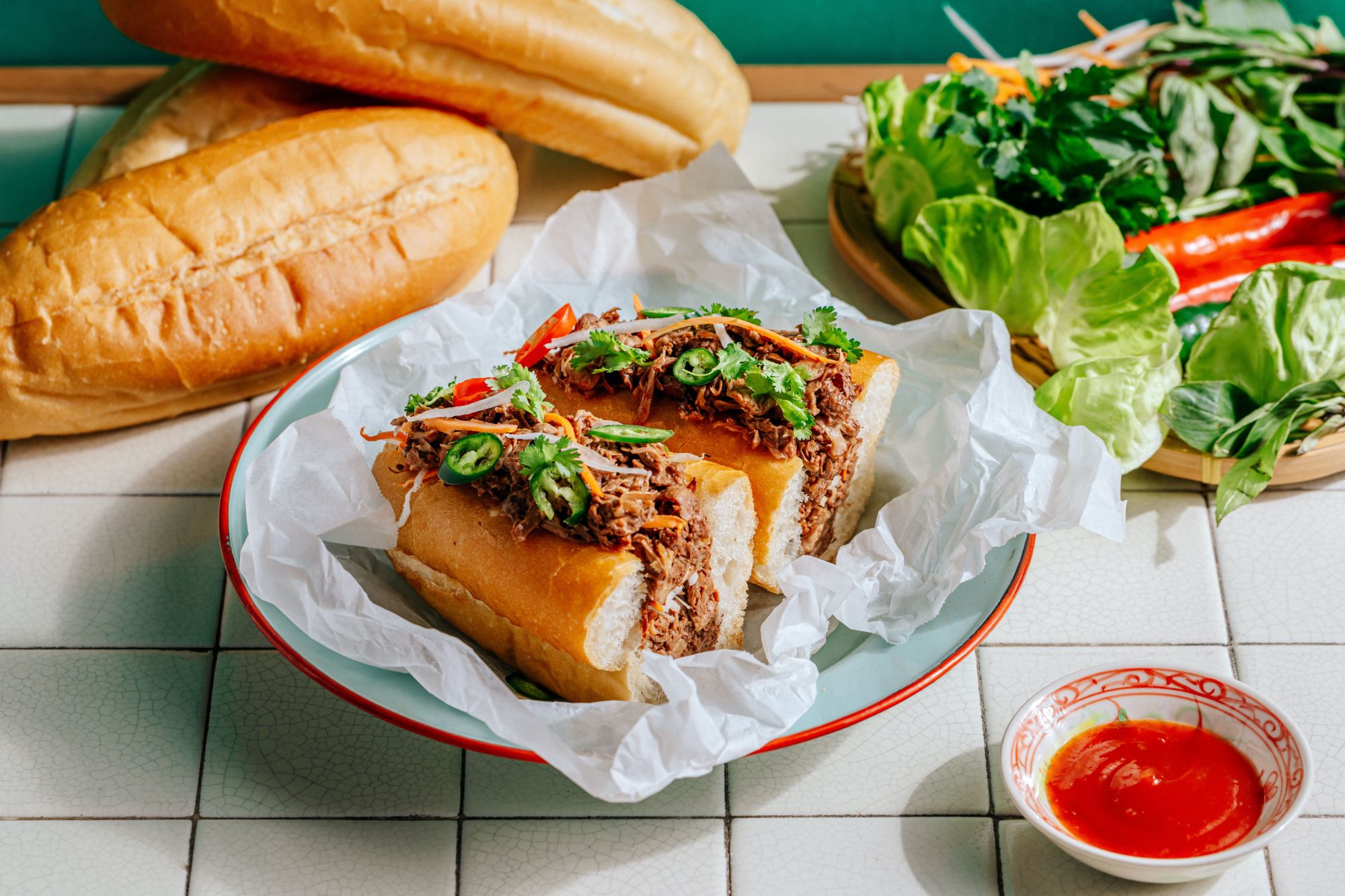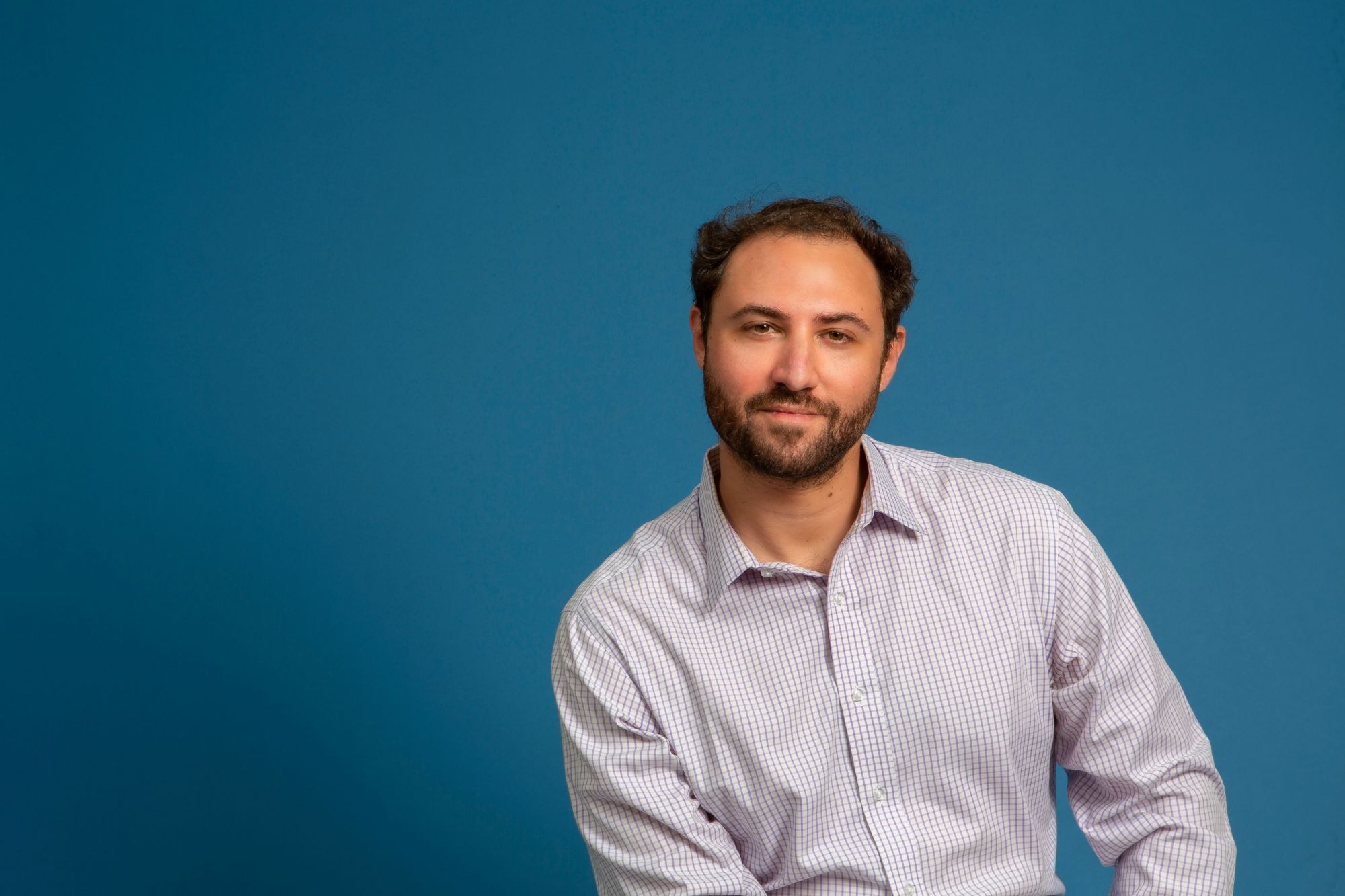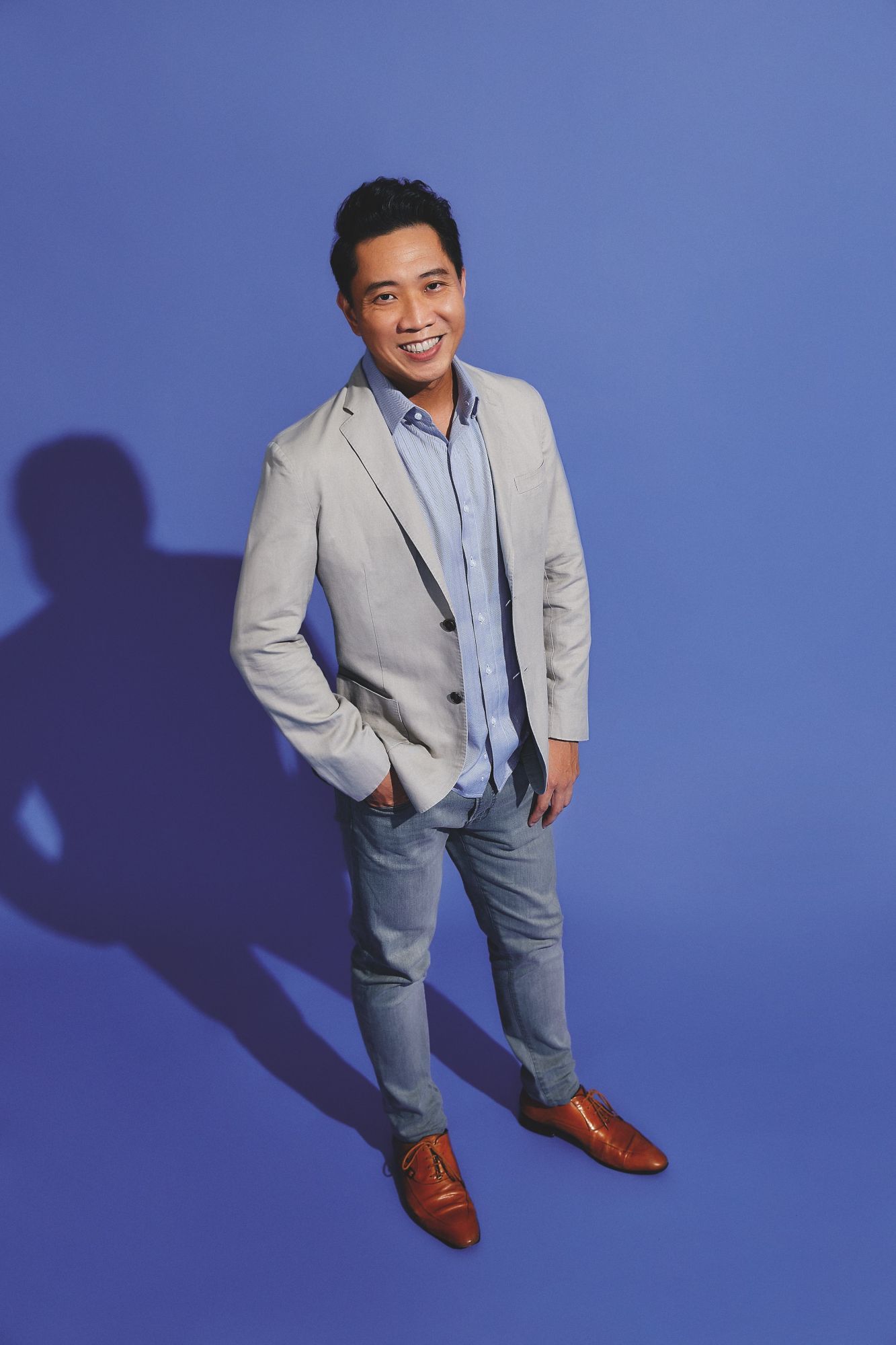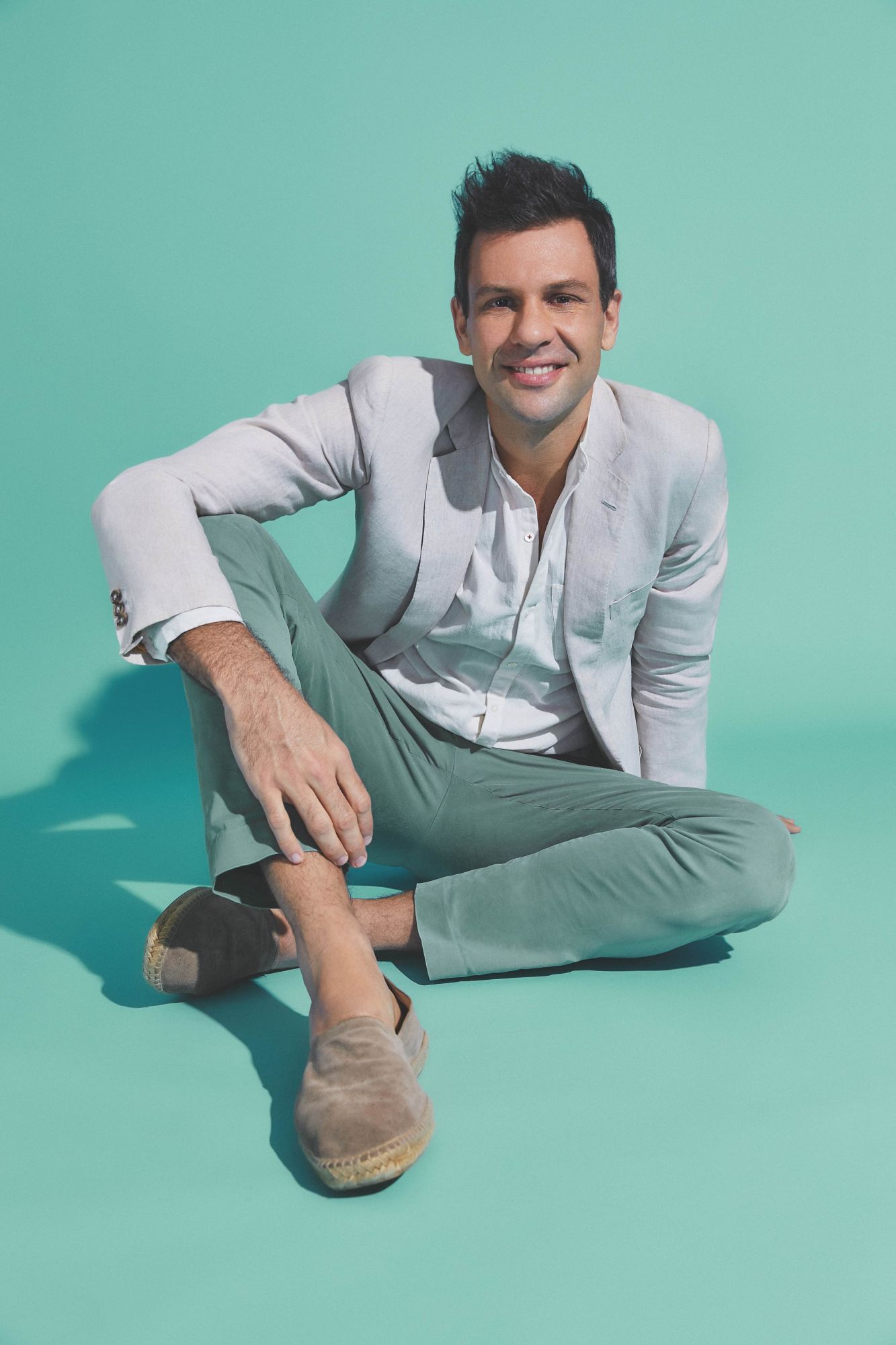From designing smart bins to track food waste to cultivating proteins in the lab, these are some of the honourees transforming Singapore’s food industry
Singapore is known for its vibrant and diverse food scene, from its inexpensive hawker fare to its award-winning fine dining restaurants.
This year, its F&B industry is expected to reach US$296 million in revenue, with an annual growth rate of about 6.58 percent. But with a strong food culture comes several challenges and responsibilities. This includes ensuring its food sources are sustainable and secured (Singapore buys food from over 170 locations globally) and its food waste is smartly managed.
Here are six entrepreneurs leading the charge in making the country’s food industry more sustainable, from using smart bins that measure and track food waste to cultivating food in the lab.
See also: Change Through Chocolate: How Social Enterprise ChocoLah Is Helping Underprivileged Youth
Rayner Loi

Co-founder and CEO, Lumitics
Rayner Loi’s startup Lumitics is behind Insight, an AI-powered tracker that allows dustbins to measure, identify and track all food waste thrown into them. With the data collected, the tracker helps chefs understand what is not being eaten and gives them actionable insights to reduce their food waste.
Lumitics has helped clients such as Hyatt, Marina Bay Sands, Singapore Airlines and Etihad Airways to reduce up to 40 percent of their food waste—or equivalent to more than 200,000 meals. The startup, which has backers in Temasek Foundation and Enterprise Singapore, was one of two Singapore startups to take home a prize at a global sustainability competition organised by the UN World Tourism Organisation earlier this year.





